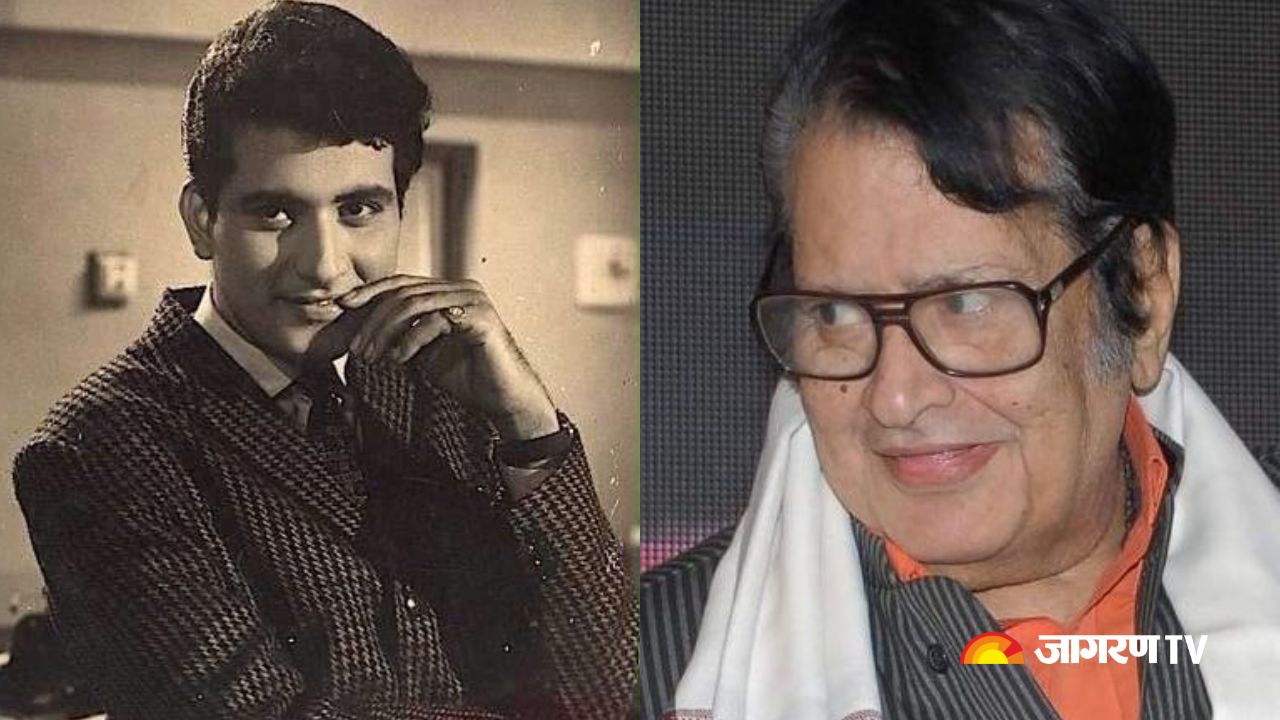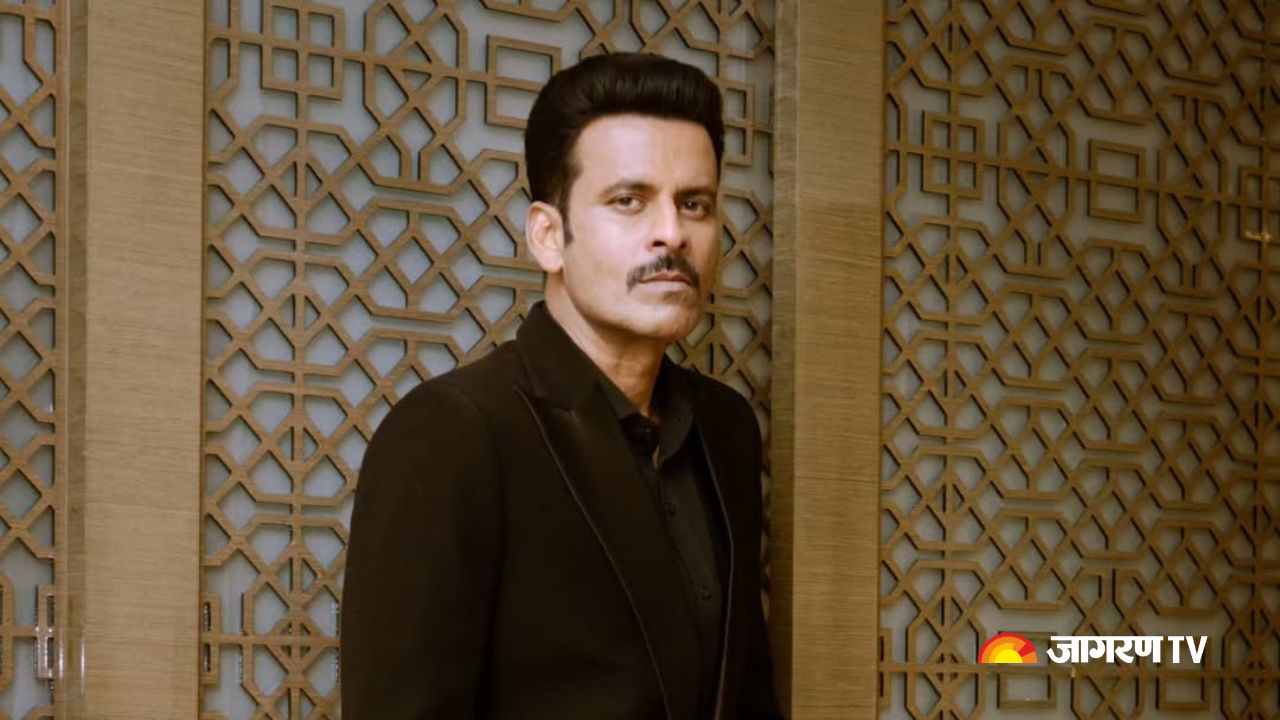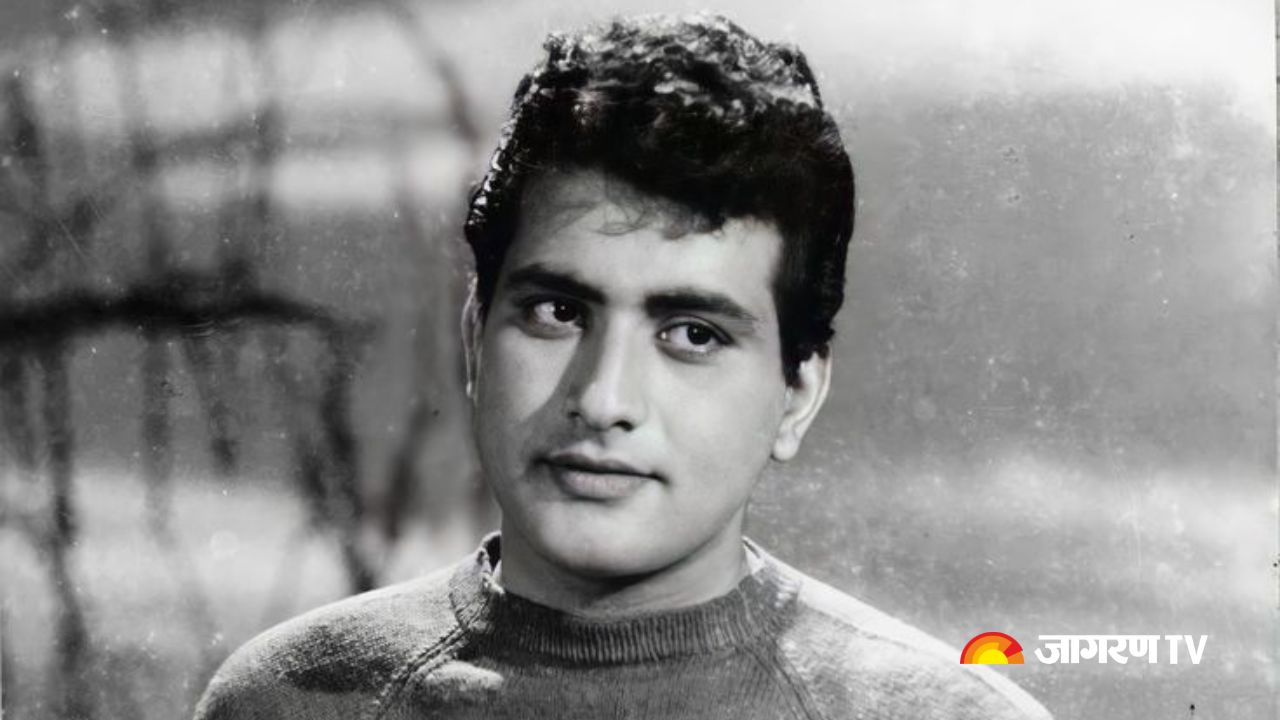7 Surprising Facts About Manoj Kumar – From His Real Name to Working with Pakistani Actors

Manoj Kumar Death: The Indian film industry lost a gem today. Veteran film actor-director Kumar passed away at 87 in Mumbai on Friday. According to his son Kunal Goswami, Kumar was suffering from age-related health issues but took his last breath peacefully at the Kokilaben Dhirubhai Ambani Hospital.
His death has left the film fraternity mourning a great loss with condolences pouring from each corner of the country, as the actor himself was an icon of India. Manoj Kumar carved a unique space in Bollywood with his patriotic films that made him a symbol of nationalism.
The life of Kumar was not devoid of struggles or tragedy. From losing his roots in partition to changing his name, there are many truths about Bharat Kumar that his audience may not know. Let's explore 7 lesser-known facts about Manoj Kumar.
Manoj Kumar’s Real Name
Manoj Kumar was born as Harikrishna Giri Goswami. He later changed his name to Manoj Kumar after taking inspiration from a Dilip Kumar character in the 1949 film ‘Shabnam’.
Roots in Pakistan
Manoj Kumar was born on July 24, 1937, in Abbottabad, presently a city in Pakistan. His family had to flee from their roots at the time of partition. The tragic events scarred him for life as he lost his infant brother during the violence.
Theater to Bollywood
After moving to Delhi, the actor went to the Hindu College to pursue his Bachelor’s degree and grew a fond interest in theaters. This became the foundation for his route to Bollywood.
Debut at 19
Manoj Kumar was working as a ghostwriter for a film earning Rs. 11 per scene. His first role came to him at the age of 19. In 1957, he debuted on screen as a 90-year-old beggar in the film ‘Fashion’.
Patriotism Idol
Manoj Kumar earned the reputation of a patriotic idol who shaped the views of the country in motherland and unity. His films had a constant theme of love for the nation and its cultural heritage. Many believe his childhood events of partition have always been the fuel behind his film’s intense patriotic themes.
Awards and Honors
Manoj Kumar was honored with the Padma Shri Award by the President of India in 1992. He was the recipient of the Filmfare Lifetime Award in 1999. He was also awarded the Dadasaheb Phalke Award, India's highest honor in cinema in 2016.
Working with Pakistani Actors
Manoj Kumar’s 1989 film Clerk is seen as a bold move on his part as he cast two Pakistani actors Mohammad Ali and Zeba in his film.
Manoj Kumar’s death is a loss of a legacy of patriotism that preached about loving the nation despite the differences and growing in unity. He leaves behind a filmography that will continue to inspire generations to come.









